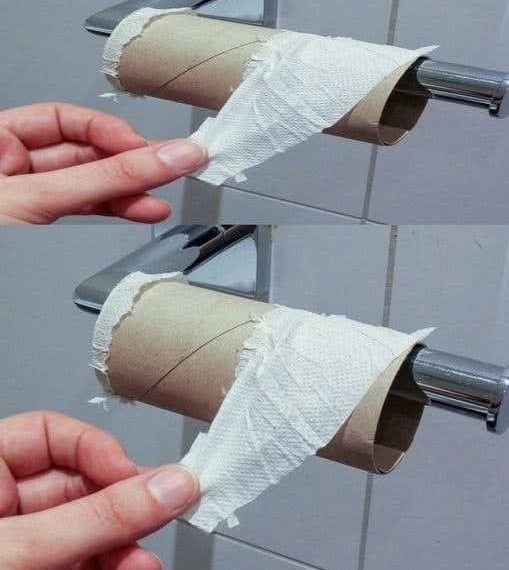As awareness about environmental issues grows and resources become scarcer, the future of toilet paper is being scrutinized. While it has been a household staple for generations, many people are starting to consider alternatives that could potentially replace it. This article explores various options that may lead us into a new era of personal hygiene.
1. The Rise of Bidets
Bidets have been an essential part of bathroom culture in many countries, particularly in Europe and Asia, for decades. They offer a hygienic way to clean oneself after using the toilet, using a gentle stream of water.
- Benefits: Bidets not only reduce the need for toilet paper but also promote better hygiene. Water is often considered more effective than paper at cleaning. Additionally, bidets can help individuals with mobility issues or health conditions that make wiping difficult.
- Modern Innovations: Today’s bidets come equipped with various features like heated seats, adjustable water pressure, temperature control, and air dryers. Some models even have built-in deodorizers and night lights, making them increasingly appealing to consumers.
2. Reusable Cloths
The concept of reusable cloths for personal hygiene is gaining traction, particularly among environmentally conscious consumers. Often referred to as “family cloth,” these reusable options are made from soft fabrics and can be washed and reused.
- Eco-Friendly: Using cloths can significantly reduce waste and the environmental impact associated with producing toilet paper. A single roll of toilet paper contributes to deforestation, water consumption, and carbon emissions during manufacturing and transportation.
- Hygiene Considerations: While reusable cloths can be a sustainable choice, they require a commitment to cleanliness. Users must establish a proper system for washing and storing the cloths to ensure hygiene.
3. Biodegradable Wipes
With concerns surrounding traditional wet wipes, which often contain plastics and do not break down easily in landfills, biodegradable wipes have emerged as a promising alternative.
- Composition: Made from plant-based materials, these wipes decompose more readily than their conventional counterparts. They can offer the convenience of wet cleaning without contributing to long-term waste.
- Caution: While biodegradable wipes are a step in the right direction, they still require careful disposal to ensure they break down properly. Users should avoid flushing them down the toilet, as this can lead to plumbing issues.
4. Waterless Cleaning Products
Innovative personal hygiene products are being developed that require no water at all. These include foaming sprays and cleaning gels that allow for effective cleansing without traditional means.
- Convenience: These products are portable and easy to use, making them ideal for travel or situations where water is scarce. They can also appeal to those looking for quick and convenient solutions.
- Effectiveness: Waterless products often incorporate antibacterial agents and natural ingredients, making them a viable alternative to toilet paper.
5. Composting Toilets
Composting toilets offer an eco-friendly solution that doesn’t rely on water or traditional waste management systems. They transform human waste into compost through aerobic decomposition.
- Sustainability: These toilets not only reduce water consumption but also provide a way to recycle waste into nutrient-rich compost, which can be used for landscaping and gardening.
- Hygiene Practices: While composting toilets can change how we manage waste, they may also include alternative cleaning methods that lessen reliance on toilet paper.
6. Cultural Shifts and Consumer Preferences
The potential shift away from toilet paper may not only be about practicality and sustainability but also about changing cultural attitudes towards hygiene.
- Rethinking Hygiene: As discussions about sustainability and environmental responsibility become more prevalent, consumers are more open to exploring alternatives to traditional bathroom habits.
- Market Trends: Companies are beginning to innovate in this space, offering a variety of eco-friendly options that cater to changing consumer preferences. The market for sustainable personal care products is growing, signaling a shift in how people approach hygiene.
Conclusion
While toilet paper is not disappearing overnight, the landscape of personal hygiene is evolving. Alternatives like bidets, reusable cloths, biodegradable wipes, waterless cleaning products, and composting toilets offer viable options that may redefine our bathroom habits. As consumers become more environmentally conscious, these alternatives not only provide practical solutions but also align with a growing commitment to sustainability. The future of toilet paper may look very different, encouraging us all to rethink our approach to personal hygiene.





